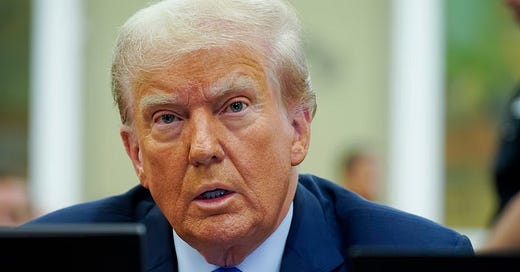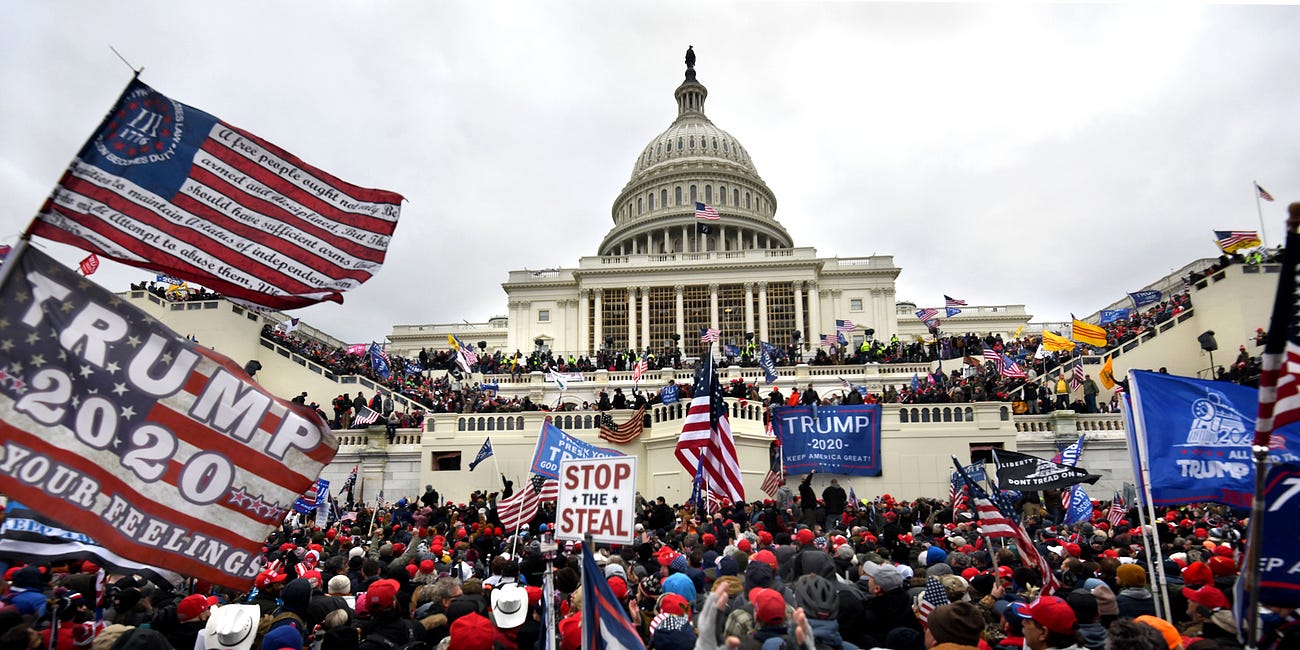Presidential Immunity "not absolute": Trump's January 6 Criminal Prosecution
This judgment represents a considerably more severe setback for Donald Trump compared to the dismissal of his appeal in the Capitol Civil lawsuits, which was rejected on December 1.
Landmark Ruling Challenges Presidential Immunity
"The President's position does not confer a lifelong ‘get-out-of-jail-free’ pass," observed U.S. District Judge Tanya S. Chutkan in a crucial ruling released on the evening of Saturday (December 2), EST, after being officially signed the preceding day. This decision represents a significant point of inflexion in the unfolding legal narrative involving former President Donald Trump and his criminal prosecution. Following closely on the heels of a related but independent ruling earlier in the day by the Federal Appeals Court in Washington, D.C., regarding the January 6 Civil Lawsuits, this judgment dismissed Trump’s omnibus claims of “presidential immunity.”1
Judge Chutkan's Decision on Presidential Immunity
This verdict is consistent with the Federal Appeals Court’s verdict which determined that Trump does not have presidential immunity in civil lawsuits relating to the January 6, 2021, Capitol Hill insurrection. This ruling, though separate, complements the broader legal challenges Trump faces, marking a significant shift in the understanding of presidential immunity.
Chutkan's Rejection of Trump's Immunity Claim
In her 48-page opinion, Judge Chutkan strongly opposed Trump's claim of “absolute immunity,” asserting, “Whatever immunities a sitting President may enjoy, the United States has only one Chief Executive at a time, and that position does not confer a lifelong ‘get-out-of-jail-free’ pass.” This strong statement, testing the principles of judicial restraint, highlights the limitations of presidential immunity, especially after leaving office.
Equality Before Law: Chutkan on Criminal Accountability
Judge Chutkan further emphasized the principle of legal equality, stating, “Defendant’s four-year service as Commander in Chief did not bestow on him the divine right of kings to evade the criminal accountability that governs his fellow citizens.” Her words underscore the notion that no individual, irrespective of their former position, is above the law.
The Court’s Stance on Absolute Immunity and Double Jeopardy
Chutkan’s ruling also addressed the notion of absolute immunity and the argument of double jeopardy. She noted that no branch of government has ever accepted the idea that former Presidents enjoy “absolute immunity from criminal prosecution,” and dismissed Trump’s double jeopardy argument, based on his earlier impeachment proceedings, as constitutionally baseless.
Next Steps: Appeal to the D.C. Circuit
Following this decisive ruling, Trump’s legal team is expected to appeal to the U.S. Court of Appeals for the D.C. Circuit. This next stage will be crucial in shaping the legal understanding of presidential immunity and its boundaries.
Summing Up and Looking Ahead
Judge Chutkan's decision, following closely on a similar judgment by the Federal Appeals Court, represents a significant moment in the U.S. legal history. It crucially addresses the question of whether a former President can be held criminally responsible for actions, not even remotely related to the discharge of his official duties, undertaken during their term in office, thereby paving the way for unprecedented legal examination and potentially setting historic precedents regarding the scope of presidential power and immunity in the United States.
This ruling accentuates the principles of the rule of law and equality before the law, as enshrined in the U.S. Constitution. Unless it it is set aside or modified in the appellate process, this decision clears a significant legal hurdle, setting the stage for the trial scheduled to begin in March 2024. As the 2024 presidential election campaign gathers momentum, it will be intriguing to observe how these legal developments interact with the evolving political landscape.
Breaking News (Updated): Appeals Court Rules Former President Trump Not Immune to Civil Lawsuits Over January 6 Capitol Riot
Landmark Court Decision Limits Trump's Presidential Immunity in Civil Lawsuits Washington, D.C. – A Federal Appeals Court in Washington, D.C., issued a crucial ruling today, significantly impacting the legal landscape surrounding former President Donald Trump. The Court decided that Trump does not have presidential immunity in civil lawsuits pertaining t…






